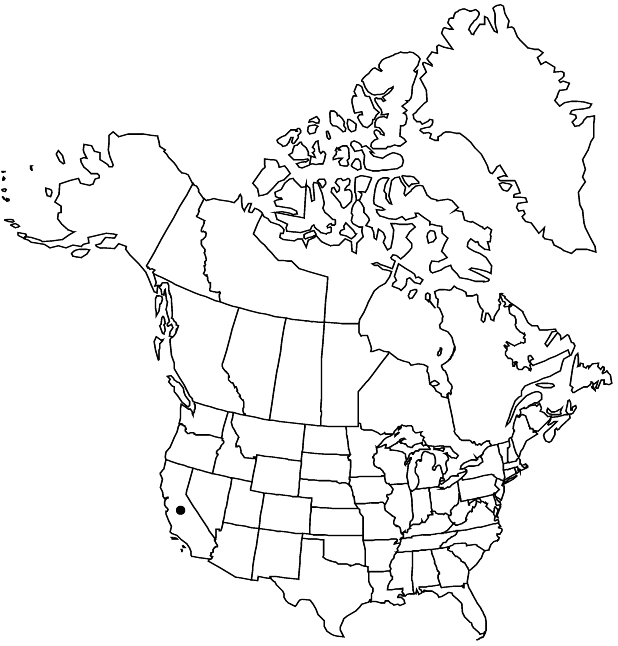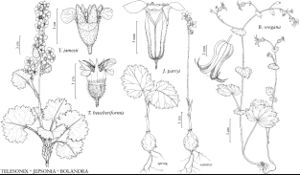Difference between revisions of "Jepsonia parryi"
Bull. Torrey Bot. Club 23: 18. 1896 ,.
FNA>Volume Importer |
imported>Volume Importer |
||
| Line 7: | Line 7: | ||
}} | }} | ||
|common_names=Coast jepsonia | |common_names=Coast jepsonia | ||
| + | |special_status={{Treatment/ID/Special_status | ||
| + | |code=F | ||
| + | |label=Illustrated | ||
| + | }} | ||
|basionyms={{Treatment/ID/Basionym | |basionyms={{Treatment/ID/Basionym | ||
|name=Saxifraga parryi | |name=Saxifraga parryi | ||
| Line 54: | Line 58: | ||
|publication title=Bull. Torrey Bot. Club | |publication title=Bull. Torrey Bot. Club | ||
|publication year= | |publication year= | ||
| − | |special status= | + | |special status=Illustrated |
| − | |source xml=https:// | + | |source xml=https://bibilujan@bitbucket.org/aafc-mbb/fna-data-curation.git/src/bb6b7e3a7de7d3b7888a1ad48c7fd8f5c722d8d6/coarse_grained_fna_xml/V8/V8_237.xml |
|genus=Jepsonia | |genus=Jepsonia | ||
|species=Jepsonia parryi | |species=Jepsonia parryi | ||
Revision as of 00:09, 28 May 2020
Caudices unbranched, usually ovoid, rarely spheric. Leaves 1(–3). Inflorescences diffuse, 1–5(–10)-flowered; bracts scalelike; peduncle brown, drying light brown or gray, branched near middle, 3–28 cm. Flowers: hypanthium campanulate, 2.5–4 mm, length 2+ times sepals; sepals greenish, 0.8–2 mm, base flattened, glandular-viscid; petals withering, alternate with sepals, distinct, white with tan, maroon, or purplish veins, 3.5–6 mm. Pollen yellowish. Capsules green or tan with brown striations, beaks divergent. Seeds dark brown. 2n = 14.
Phenology: Flowering Oct–Feb.
Habitat: Shrubby, north-facing rocky slopes
Elevation: 0-1100 m
Distribution

Calif., Mexico (Baja California).
Discussion
Jepsonia parryi has the shortest flowering period and produces the fewest flowers in the genus. It also produces the fewest leaves, and in very dry years may produce no leaves.
